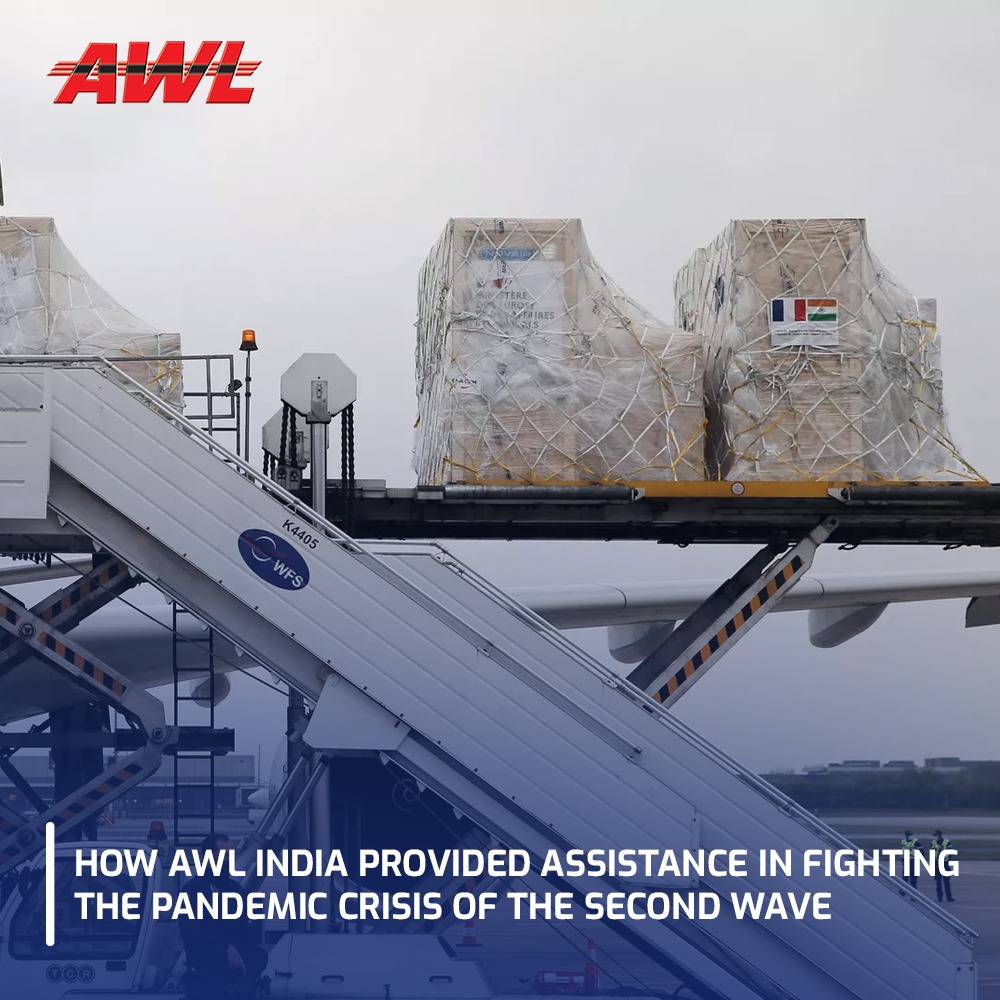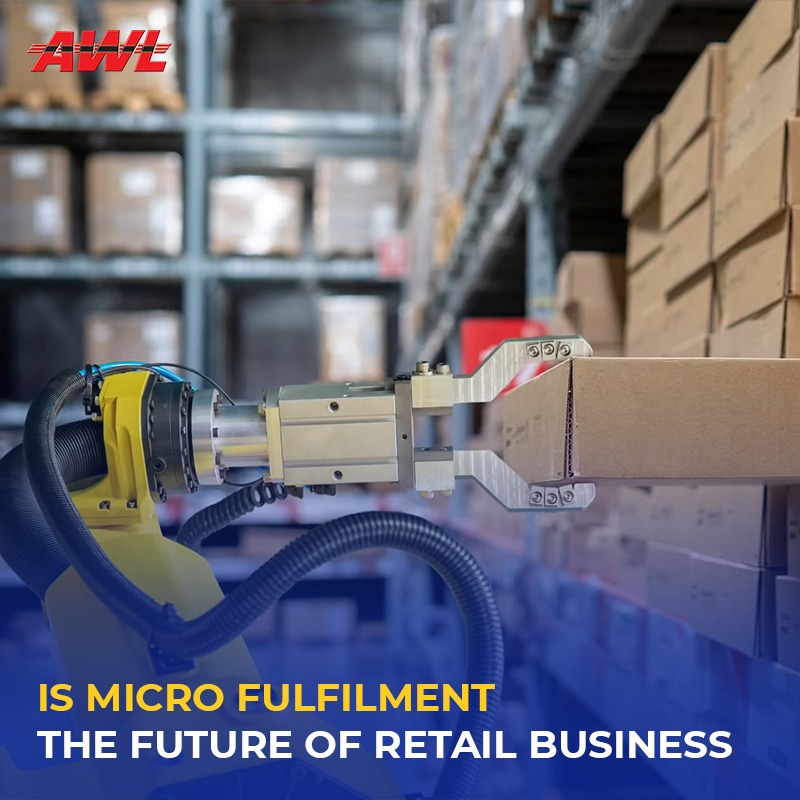

The first Covid outbreak was noticed in China in December 2020. A large number of pneumonia cases of unknown origin in Wuhan were reported to the World Health Organization. The infection began spreading to other countries and eventually affected several countries and nations. The number of coronavirus infections increased rapidly at the beginning of 2020.
The second wave started in India in March 2021, and most cases were reported in India in April. Millions of people struggled with oxygen tanks and hospital beds during this second wave. As India faced a rapid and unprecedented second wave of the COVID19 epidemic, the healthcare sectors felt tremendous pressure, resulting in a serious shortage of medical equipment, beds, oxygen cylinders, medicines, ventilators, and other medical resources in hospitals.
More than 40 countries including the United States, Europe, Russia, Germany, Australia, New Zealand, Saudi Arabia, and Iraq provided help to India to fight the upcoming second wave of coronavirus. Many more countries extended their helping hand to India in providing essential medical equipment and medicines that the country urgently required to battle the unexpected rise in Covid-19 cases. Those included oxygen cylinders, ventilators, oxygen generators, respirators, electric syringe pushers, medicines like Remdsiver, Favipiravir, and Tocilizumab, pulse meters, PPE kits, surgical masks.
During this struggle, AWL India, India's leading supply chain and Logistics Company came forward and effectively distributed medical aid across all the healthcare sectors of the country. AWL India collaborated with the Indian Government and established sustainable and effective oxygen supply chain management across the entire nation.
In collaboration with the central government and other administrative agencies, AWL India effectively managed to handle the delivery process of the medical equipment along with the other supplies. AWL India with the help of the government succeeded in reaching the host organizations in several parts of the country mostly through airlines, freight, and various modes of transportation. On successful arrival of the goods, information and warnings were quickly implemented through the interactive dashboard of the authorized committee. The cold chain goods were immediately distributed and shipped to various locations once they successfully arrived.
During this difficult fight against the COVID-19 disease, operation 'Samudra Setu II’ came to the rescue. The seven Indian Naval ships namely INS Kochi, INS Kolkata, INS Trikand, INS Tabar, INS Talwar, INS Jalashwa, and INS Airavat have been scheduled for the shipment of liquid medical oxygen-filled cryogenic containers and related medical equipment from various parts of different countries.
On April 30th, INS Kolkata and INS Talwar, which performed missions in the Persian Gulf, were the first ships to immediately turn and enter the Port of Manama, Bahrain and INS Talwar carried 40 tons of liquid medical oxygen. INS Kolkata ship went to Doha, Qatar to deliver medical supplies, and then to Kuwait to deliver liquid oxygen cylinders. INS Airavat, on the eastern coast, was switched to this task, and INS Jalashwa, who played a key role in the Samudra Setu operation last year, LPD has been retired, ready, and sent to swim to increase efforts. INS Airavat UPSC later was scheduled to enter Singapore to deliver liquid oxygen bottles, while Jalashwa ship waited for medical care in the area within a short period of time. The second group of Indian warships consisted of Kochi, Trikand, and Tabar missions. Trikand Ship, Trikand, and Kochi ships were scheduled to the Arabian sea, but later diverted to join the national operation.
Operation Samudra Setu, launched last year by the Indian Navy, is worth remembering. More than 4,000 Indian citizens trapped in neighboring countries during the COVID-19 outbreak successfully returned back to India.
The Indian Air Force (IAF) continued to airlift empty cryogenic oxygen cylinders within the country and abroad to lighten the transportation process. The IAF carried almost 534 sorties in various parts of the country and airlifted 336 containers with other medical amenities. Around 84 international sorties, 80 cryogenic containers, 1250 empty cylinders, 700 oxygen concentrators were procured from countries like Dubai, Singapore, United Kingdom, Thailand, Germany, Australia, Belgium, Israel, and Indonesia.
With the help of the leading supply chain AWL India that has excellent capabilities, world-class infrastructure, reliable surveillance, the quality and safety of critical and emergency cargo from ships were pretty much ensured by the team. The Warships such as INS Airavat, INS Shradul, INS Talwar., INS Kochi, INS Netaji Subhash, etc., started the distribution as they landed on various bases through airlift and multimode transportation like railcars, aircraft, trucks, aircraft, and shipping containers. The planning was done very carefully and it was ensured that each party involved in the supply chain is completely prepared to be shipped without delay at controlled temperatures in accordance with international manufacturers and regulatory requirements. The primary role of INS Netaji Subhas and its additional units was to provide logistic & administrative support to visiting ships and ships under construction.
AWL India always uses technology to make the process transparent and super fast. They use next-generation technologies, such as RFID tags, 2D barcodes, data loggers, detectors, temperature monitors, GPS beacons, interactive dashboards, which can pass KPIs, records, digital infrastructure, real-time visibility, and end-to-end vaccines are provided with notification engine alerts. The notification system enables you to send and receive alerts when critical medical loads pass through each site and traverse the supply chain network, thereby enabling any organization such as health management, drug delivery control, precise control, and easy communication. Innovative cold chain and supply chain logistics solutions are used to minimize the traceability, warehousing, and distribution of medical supplies and drugs. This allows you to track the load at any time. AWL India believes in empowering the country by providing a world-class logistics and supply chain network. They support the Indian health system in the fight against the deadly coronavirus through an extensive supply chain. A network and innovative solutions allow them to serve the best to help India fight this epidemic.

